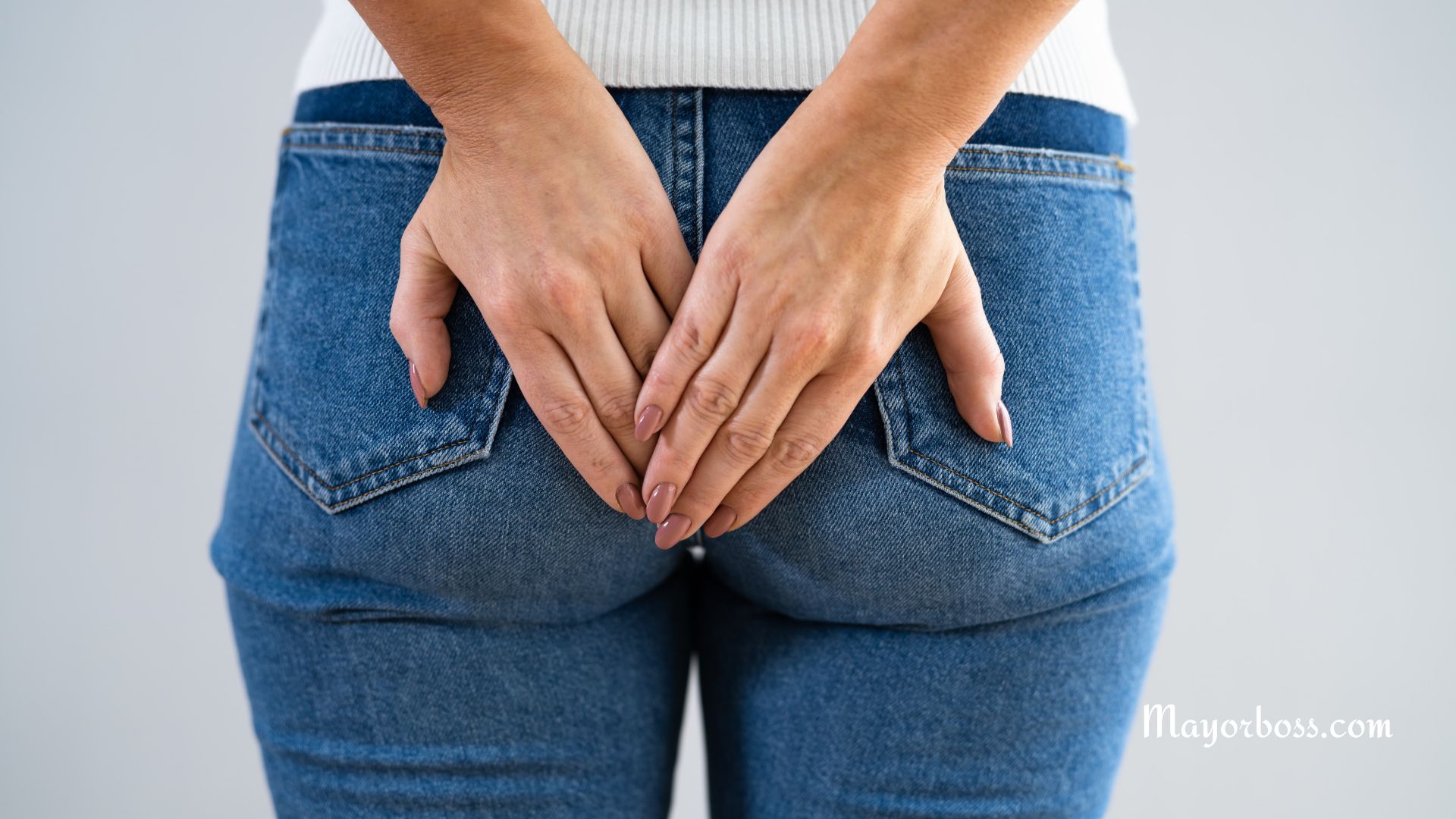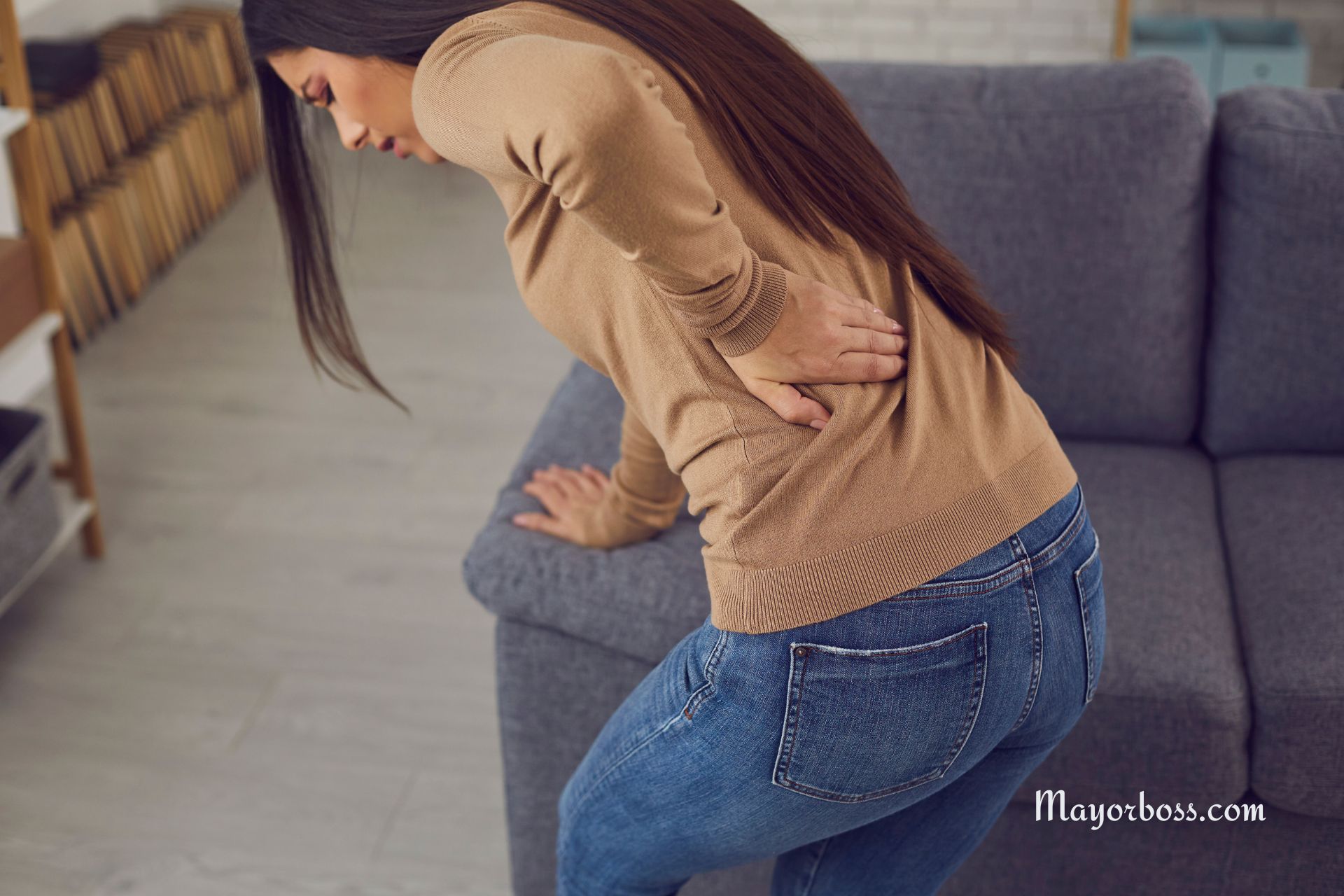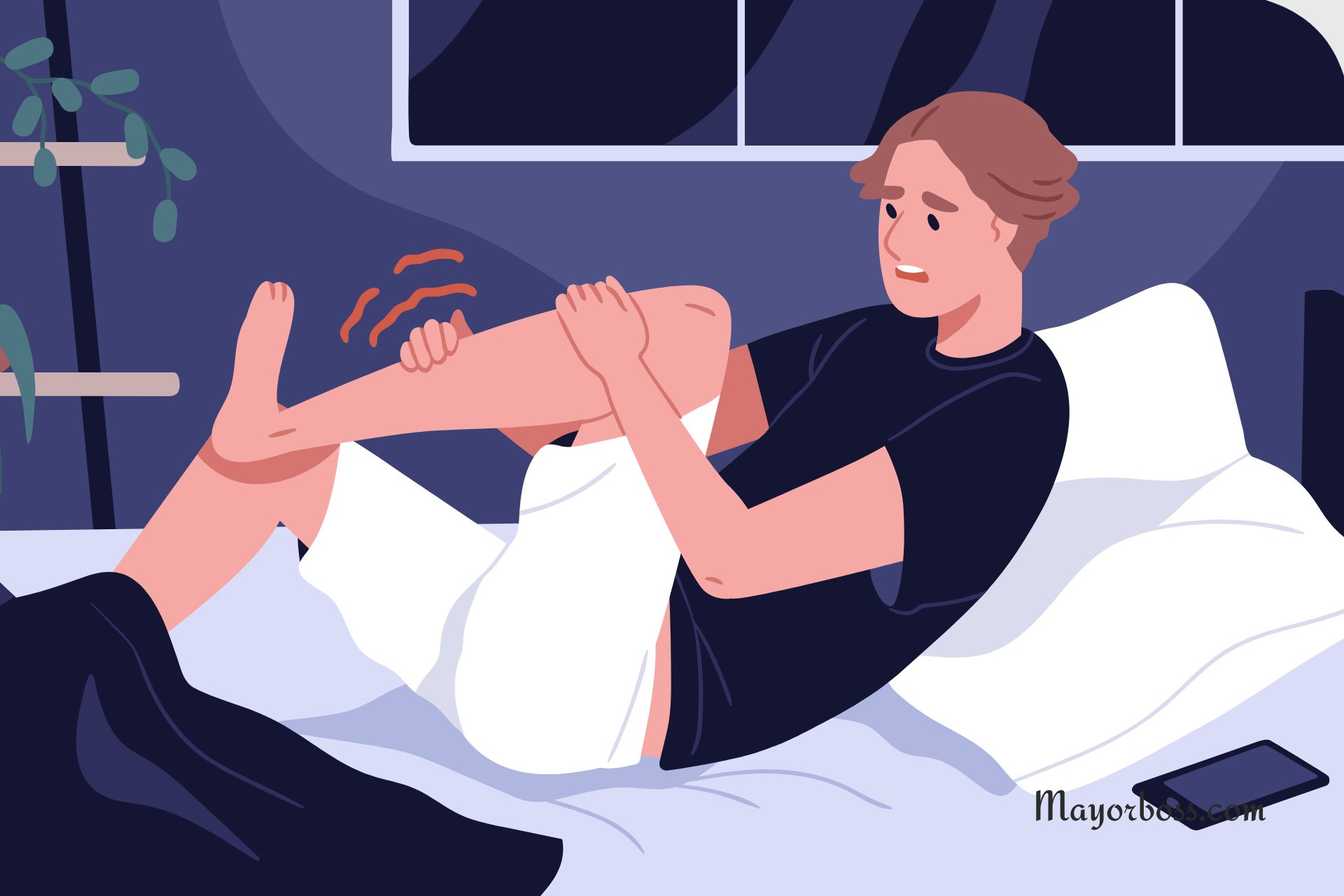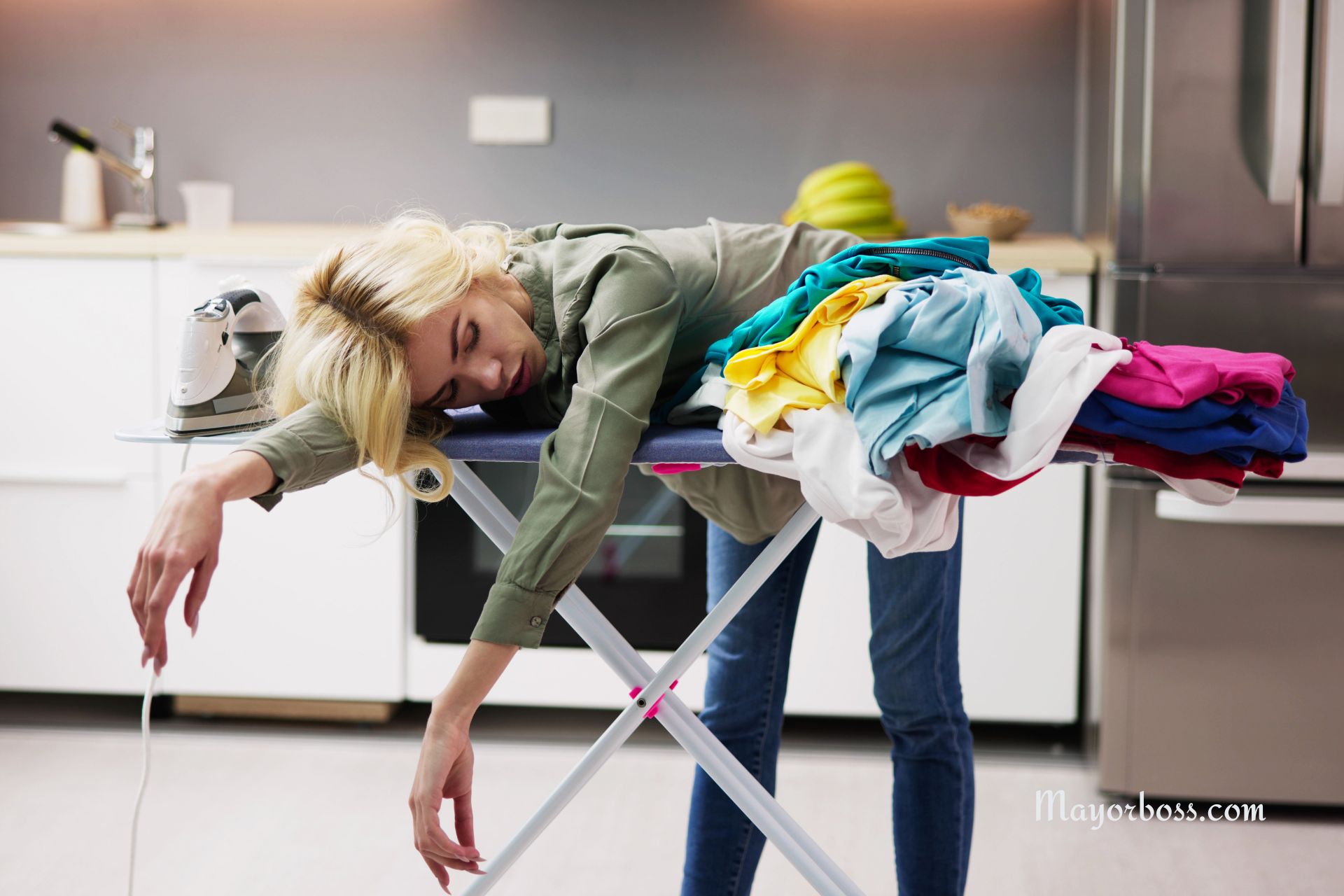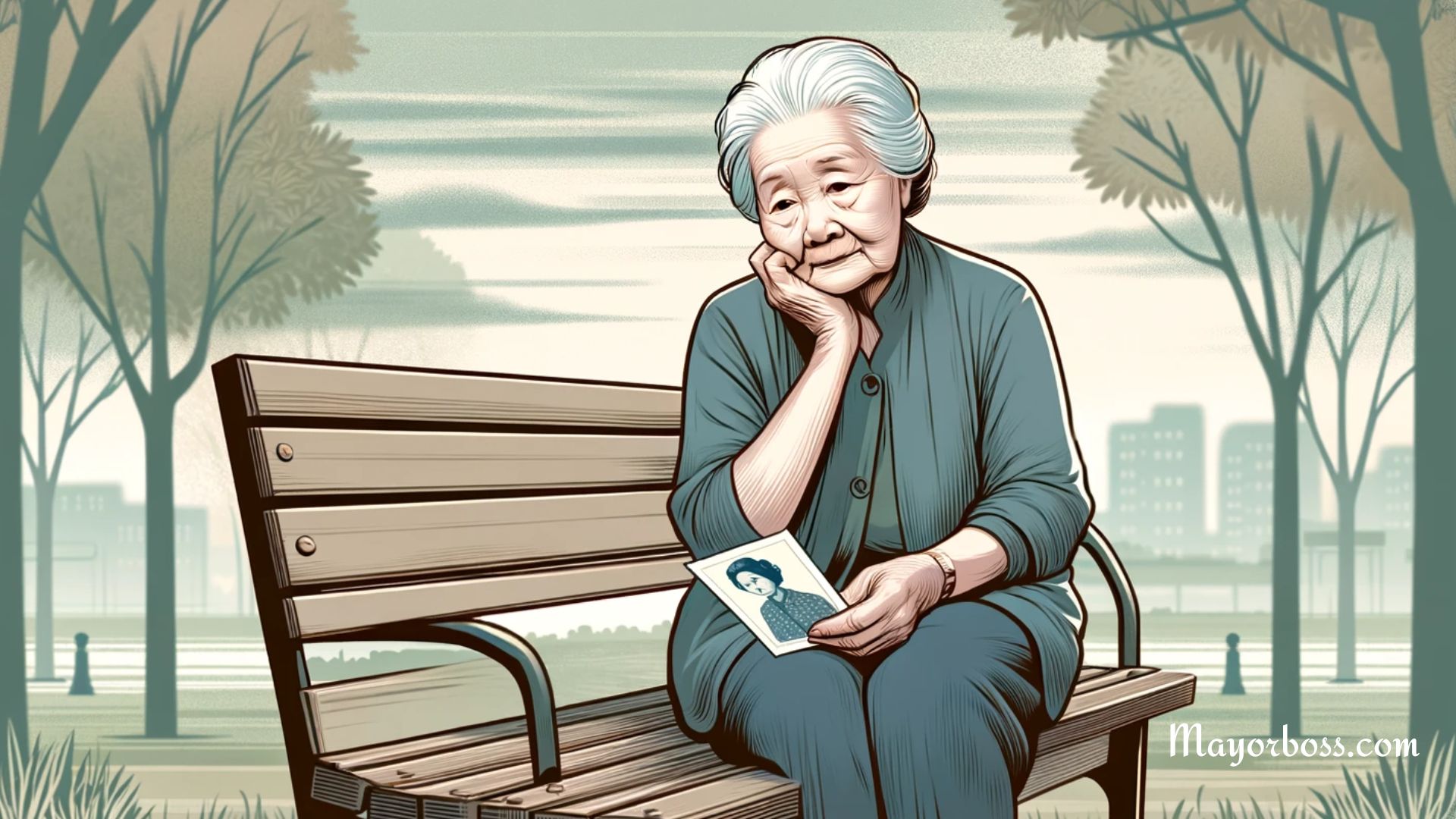6 Early Signs of Heat Exhaustion
The early signs of heat exhaustion include heavy sweating, paleness, unusual tiredness, or weakness. Recognizing these symptoms can help prevent serious complications like heatstroke.
As we bask in the warmth of the summer months, it’s critical to be aware of the risks that come with prolonged exposure to heat. Among these risks is heat exhaustion, a condition that can quickly escalate if not addressed promptly.
Below, I’ll outline six early signs of heat exhaustion. By staying vigilant, you can take measures to prevent a minor issue from becoming a serious health crisis.
1. Heavy Sweating
The first sign you’ll likely notice is heavy sweating. It’s your body’s attempt to cool itself down. If you find your clothes drenched even during minimal activity, take note.
Ignoring this sign may lead to dehydration, a significant contributor to heat exhaustion.
2. Paleness
Next, you may notice an unusual paleness to your skin. This happens as your body diverts blood to cool down its core.
While subtle, this sign serves as a warning that your body is working overtime to combat the heat.
3. Tiredness and Weakness
Heat exhaustion can also manifest as sudden fatigue or muscle weakness. You might find routine activities surprisingly draining.
Don’t brush this off. Prolonged weakness can hinder your body’s ability to cool down, exacerbating the situation.
4. Dizziness
Feeling dizzy or lightheaded is another early sign of heat exhaustion. If you feel unstable or faint, it’s time to get out of the heat.
Continued exposure could lead to fainting, causing potential injuries.
5. Headache
A throbbing headache may accompany these other symptoms. It’s a clear sign your body is struggling with the heat.
Ignoring it could lead to more severe health complications, such as heatstroke.
6. Muscle Cramps
Muscle cramps, particularly in your legs and abdomen, could be a symptom of heat exhaustion.
These cramps result from dehydration and loss of electrolytes in your sweat. If unchecked, they may lead to more severe muscle issues.
Preventive Measures against Heat Exhaustion
Understanding the signs of heat exhaustion is vital, but prevention is even better. Hydration is key. Make sure you’re drinking plenty of fluids, especially water and electrolyte-replenishing beverages.
Take breaks from the heat regularly. Seek out a shade or an air-conditioned space to give your body a chance to cool down. And remember, don’t push yourself if you start to feel unwell.
Frequently Asked Questions
Recovering from heat exhaustion varies from person to person. With proper intervention—cooling the body, hydrating, and resting—it typically takes 24 to 48 hours. However, if symptoms persist beyond this timeframe, you should seek immediate medical attention.
To treat heat exhaustion, the primary goal is to cool down and rehydrate. Move to a cooler place, like a shaded or air-conditioned area.
Drink plenty of fluids, preferably water or sports drinks, which can help replenish electrolytes. Remove excess clothing and try cool showers or ice packs to lower your body temperature. If symptoms persist or worsen, it’s crucial to seek medical help.
Prevention is the best approach to heat exhaustion. Stay hydrated by consuming plenty of fluids, especially during hot weather.
Wear lightweight, loose-fitting, and light-colored clothing to reflect heat. Avoid strenuous activities during the hottest part of the day. If you must be active, take frequent breaks and cool down regularly.
Both heat exhaustion and heat stroke are, particularly heat-related illnesses, but they differ in severity.
Heat exhaustion is the precursor to heatstroke and is characterized by heavy sweating, dizziness, weakness, nausea, and headache. It’s the body’s way of telling you it’s getting too hot.
Heat stroke, on the other hand, is a life-threatening emergency and occurs when the body’s temperature rises above 103°F.
Symptoms include a high body temperature, altered mental state or behavior, alteration in sweating, flushed skin, nausea and vomiting, rapid breathing, and a racing heart rate. If you suspect heatstroke, seek medical attention immediately.
Further Reading: 6 Early Signs of Heat Exhaustion

